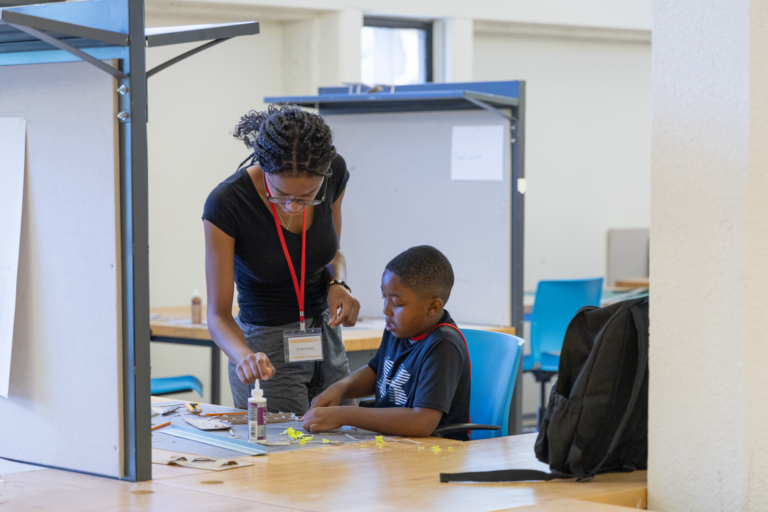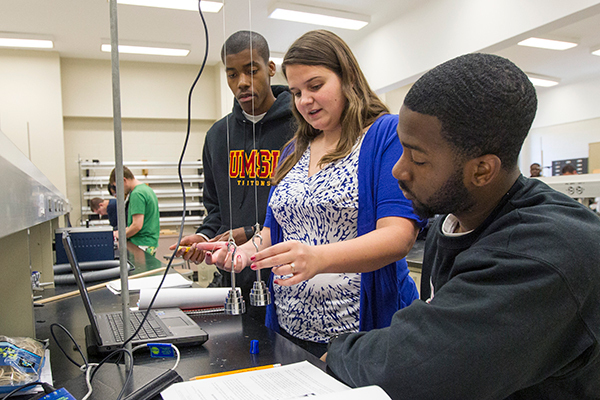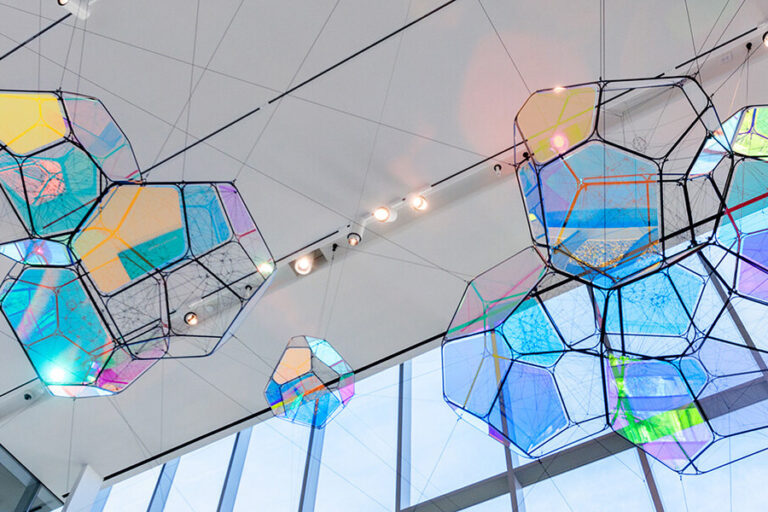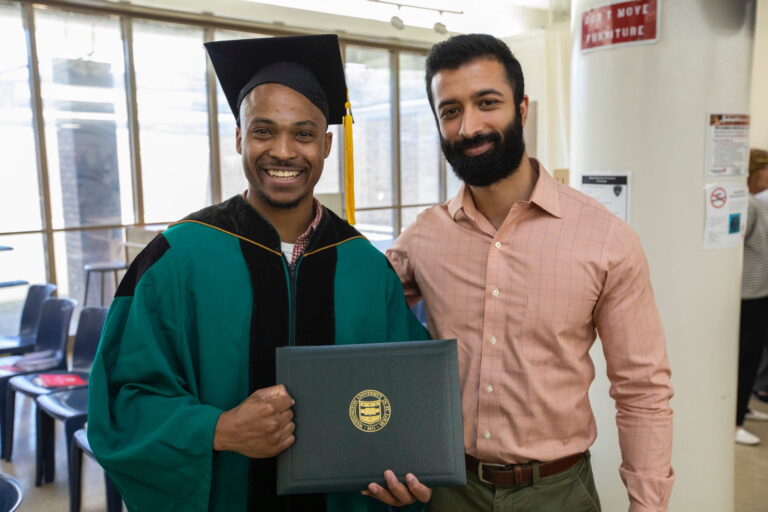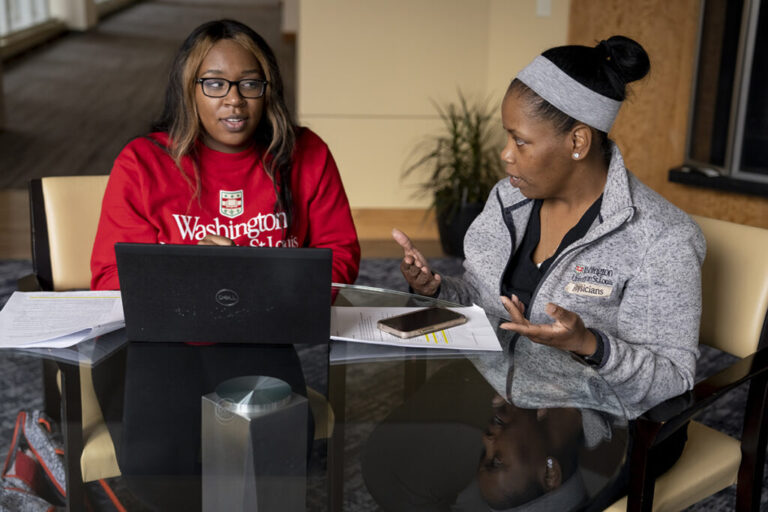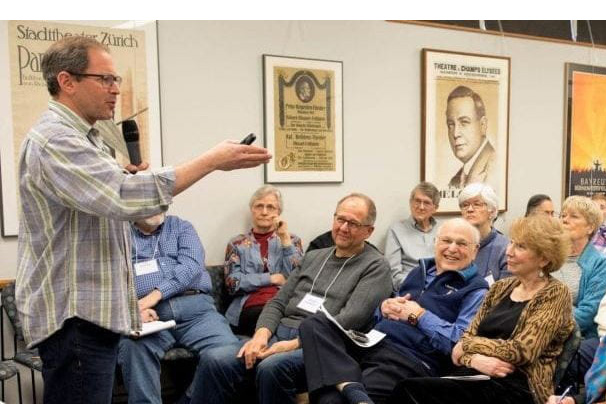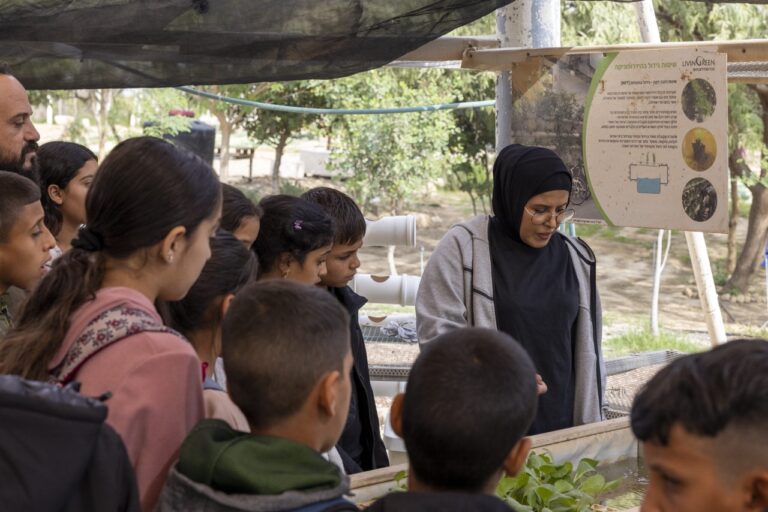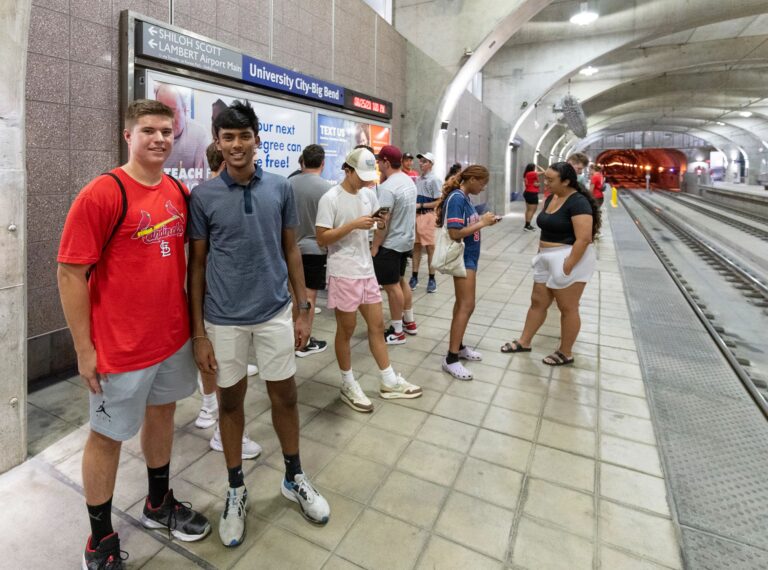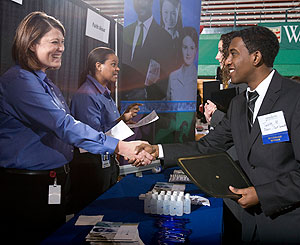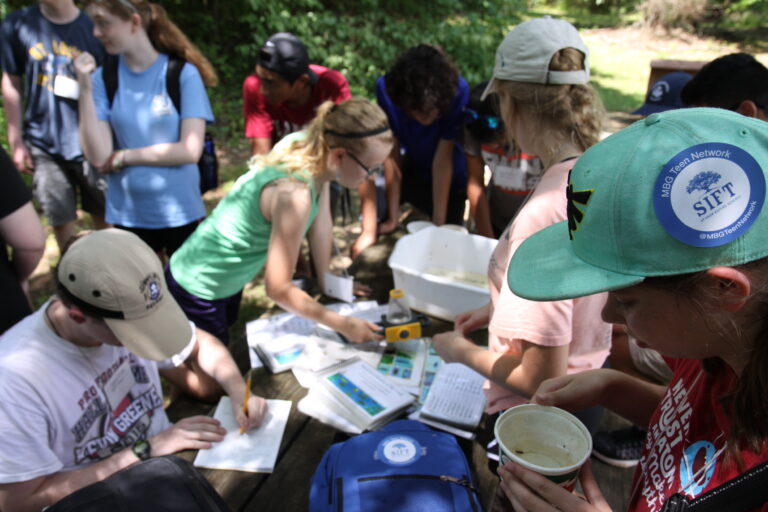Alberti Program
Since 2007, the Alberti Program has brought young people from across the St. Louis region to the Washington University campus for a hands-on experience tackling 2- and 3-dimensional problems in architectural design, with an eye toward the greater environment. They are introduced to the field of architecture through lectures, discussions, and reviews about design projects. They explore campus and connect with WashU graduate and undergraduate students, who serve as teaching assistants.
The University of Missouri-St. Louis and Washington University in St. Louis Joint Undergraduate Engineering Program
This joint UMSL and WashU program provides a flexible engineering program for those in the St. Louis community. Students take pre engineering courses through UMSL and take the upper level engineering courses and labs at WashU in the evenings. The program offers three different types of accredited bachelor of engineering degrees: Civil Engineering, Electrical Engineering and Mechanical Engineering. Students are able to pay the more affordable UMSL fees while benefitting from both schools.
Kemper Art Museum
Established in 1881, the Mildred Lane Kemper Art Museum serves both WashU students and St. Louis residents as the one of the oldest teaching museums in the country. Through numerous and diverse programs and exhibitions, the Kemper Art Museum vast collection allows residents to peer into diverse artwork both in-person and virtual at little cost.
Prison Education Project
The Washington University Prison Education Project (PEP) offers a college education to incarcerated students at the Missouri Eastern Correctional Center (MECC) in Pacific, Missouri, and the Women’s Eastern Reception, Diagnostic and Correctional Center (WERDCC) in Vandalia, Missouri.
School of Continuing and Professional Studies
CAPS, previously University College, offers adult students the opportunity to earn a degree at WashU. The program is committed to providing an education and career pathway for St. Louis learners who have previously not had access to Washington University in St. Louis.
Osher Lifelong Learning Institute
The Osher Lifelong Learning Institute (OLLI) is a membership community designed for curious learners aged 50+. Learners in the program can take courses, as well as participating in special interest groups, lectures and events. Membership is just $10 per year and includes about two dozen events. Course fees are modest, and scholarships are available.
Social Policy Institute
Combining lessons from areas such as economics, business, medicine, public policy, social work, and sociology, the Social Policy Institute (SPI) at Washington University provides a systems-level understanding of policy problems and promotes systems-level solutions.
The Institute aims to build upon existing international collaborations and establish new partnerships, further enhancing Washington University’s reputation as a global research leader. SPI values the robust array of its partnerships—ranging from local St. Louis nonprofits, to national government agencies in the U.S. and abroad, to corporations that affect the daily lives of people in communities.
“In the Lou” Experiences for First-Year Students
As a part of WashU’s first-year student orientation, called Bear Beginnings, WashU offers “In The Lou” experiences to provide students with opportunities to explore St. Louis and immerse themselves in the rich culture and experiences that that the region has to offer.
Hire WashU Talent
Through this initiative, local and national employers connect with WashU’s intelligent, diverse, grounded, well-rounded talent. WashU’s Employer Relations team coordinates career fairs, networking events, information sessions and road shows, and collaborates with employers to explore new and innovative recruitment and engagement strategies.
Shaw Institute for Field Training (SIFT)
The Shaw Institute for Field Training (SIFT) program is an introductory training program designed to engage St. Louis 10th-12th graders in scientific exploration of the natural world, in collaboration with Shaw Nature Reserve. The program provides virtual and in-person training. Students are able paid and given transportation to these sites. Opportunities include species management, habitat restoration, and plant and animal inventories.
